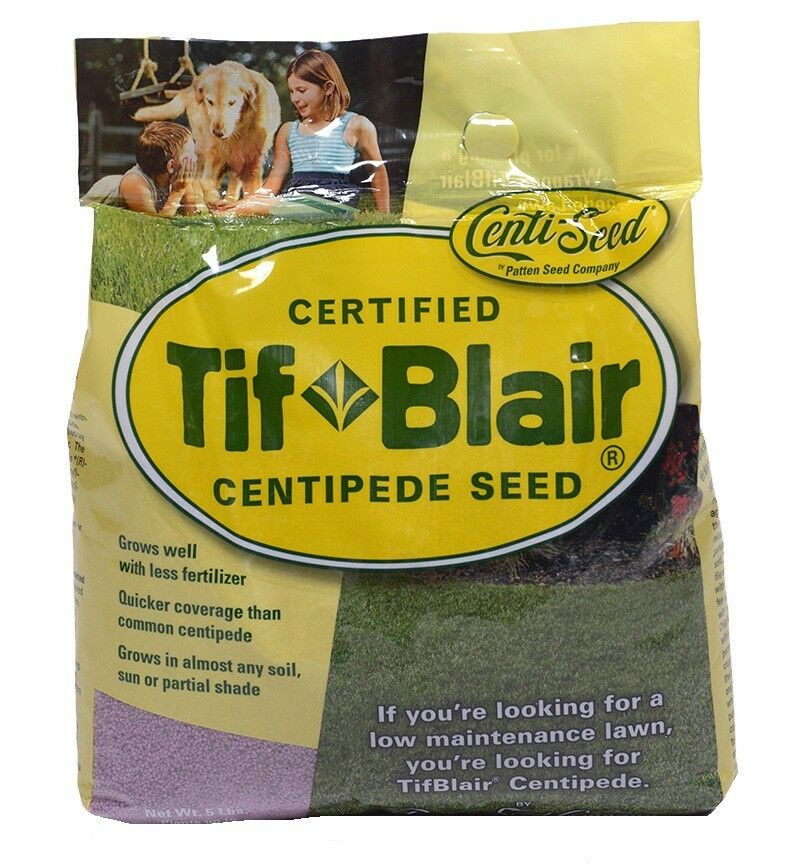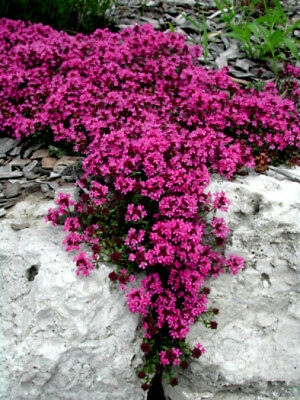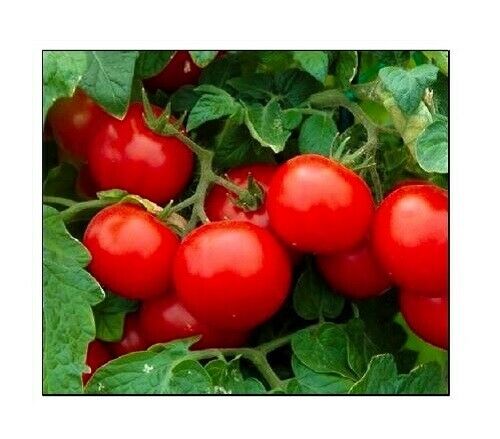-40%
Purple Tree Collard Seeds - 15/50/100 seeds - Organic Kale Collards Seeds
$ 1.05
- Description
- Size Guide
Description
Brassica oleracea var. acephala ‘Purple Tree Collards’ - Open Pollinated Seedsaka Richmond's Pride, Jersey Cabbage, Walking Stick Kale,
Organic, open pollinated, non-GMO. Germination tested at 98% on 07/2022
This rare variety is not an established heirloom. Seeds were collected during the third phase of a heat-tolerant perennial brassica breeding project in Arizona. Plants may not breed perfectly true to their parents but will have similar qualities. We have several established plants from seed that retain the characteristic purple stems and silver green leaves as well has perennial and upright growth habit. Plants grown from this seed may be more green, more silver, deeper purple, have smoother edges or intense ruffles. Pictures of possible variations to expect are included in this listing.
Usually propagated through cuttings and spread by home growers originating in California seeds are rarely available and many growers allow plants to cross pollinate with whatever cabbage or broccoli they have in their garden and collect them as an after thought. These seeds were collected from plants that were open pollinated from 4 and 5 year old established cuttings of known purple tree collard varieties and 1-3 year old seed grown purple collard crosses. In early tests seedlings from our purple tree collard seeds all start out green with the same with relatively uniform leaves and then develop the characteristic purple stems after exposure to direct sunlight. We will continue to update the listing with new pictures as we grow out multiple plantings through the coming seasons from this seed. Next year we will begin back crossing with our own select hybrids.
Experiment in breeding your very own organic heirloom variety with these seeds by sowing several plants and thinning them out to ones with the traits you prefer or enjoy them as an ornamental edible and highly nutritious novelty for years to come.
Perennial. Rarely goes to flower and sets seed. Goes back to vegetative growth and sends out new shoots after flowering. Easily propagated by cuttings. Deep purple stems with beautiful delicious silver green leaves that turn purple all over and sweeten when touched by frost. Needs to be staked if a single trunk is desired. One especially vigorous cutting grew over 8 feet tall in a single year.
If left to sprawl will shoot new growing tips all over creating a forest of silver, purple and green leaves. New growth starts out flexible and become woody and after the first year. Can be trellised or trained into espalier. Old leaves and extra growth make great compost or can fed to livestock and pets. Fantastic permaculture plant, produces pounds of edible greens year after year through droughts and 115+ degree summers.
High in Fiber, Manganese, Calcium, Folate, Vitamin A, Vitamins B1, B2, B9, Vitamin C Vitamin K and beta-Carotene. Recent studies show plants in the Brassica family have cancer preventing properties. Slightly nutty and less bitter than regular collard greens, it's great in salads, sautees, soups, smoothies and makes easy chips in an oven or dehydrator with your favorite seasoning.
Small amounts are hand counted to ensure quality. Larger quantities are measured by weight from the hand counted average.
10% extra seed is added to each order to account for variation in seed size, germination and inert plant material.
brassica oleracea acephala italica costasa palmifolia grex hybrid open pollinated open-pollinated open pollinated non-gmo F1 F2 plant breeding broccoli kale collard cabbage kohlrabi kohlracci brocollards kalettes galega tronchuda penca frisada walking stick kale asturian jersey cabbage channel islands daubenton kale lacinato dinosaur kale green tree collards purple tree collards merritt collard peasant king montenegro richmond richmonds pride kaleidoscopic spis bladene cuttings seeds propagation perennial tree trees homestead homesteading permaculture dryland companion planting back to eden wood chip mulch agroforestry



















